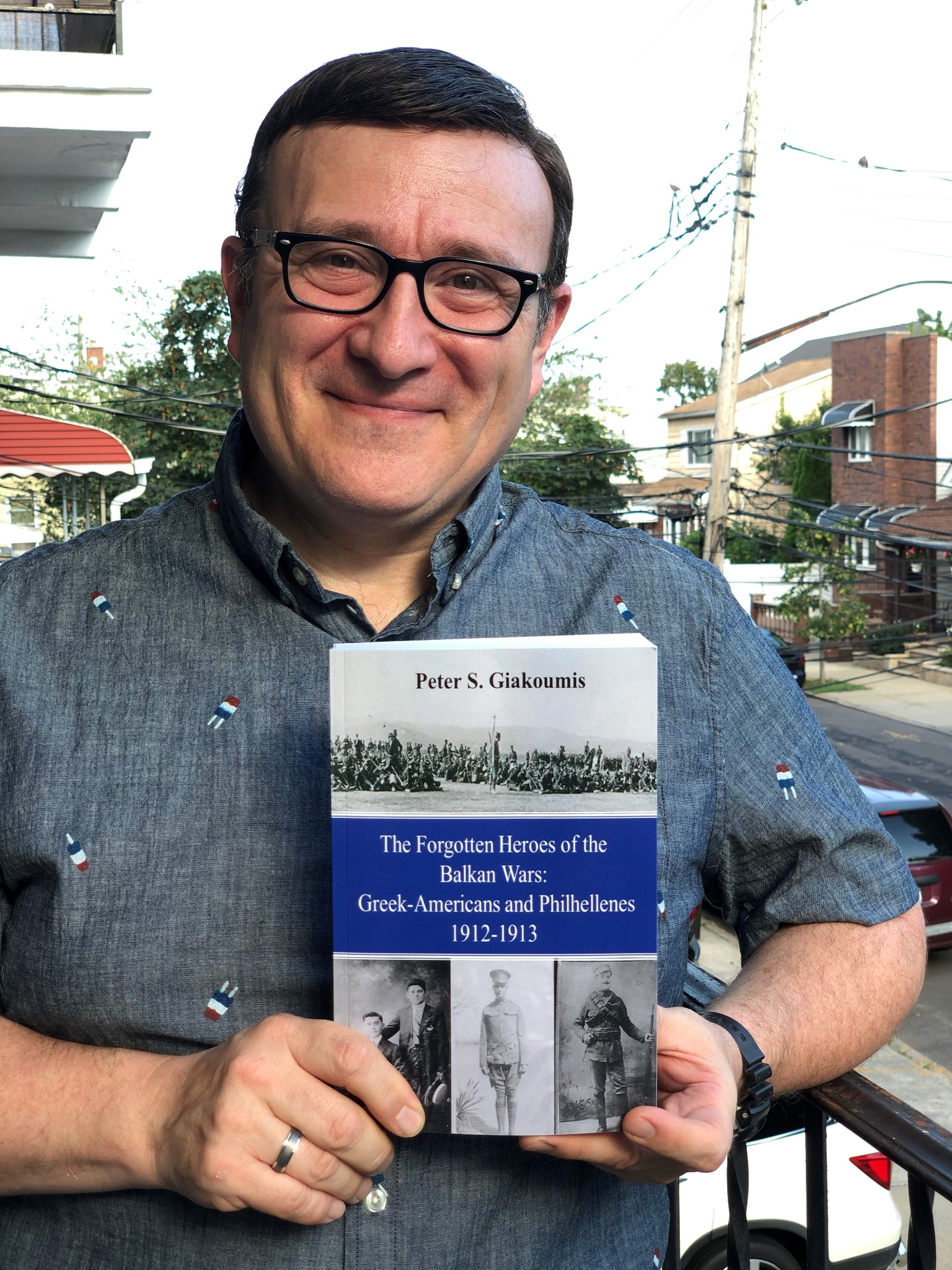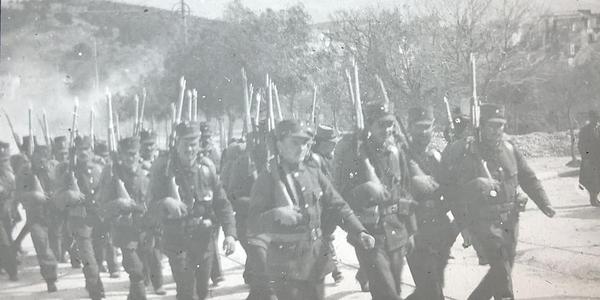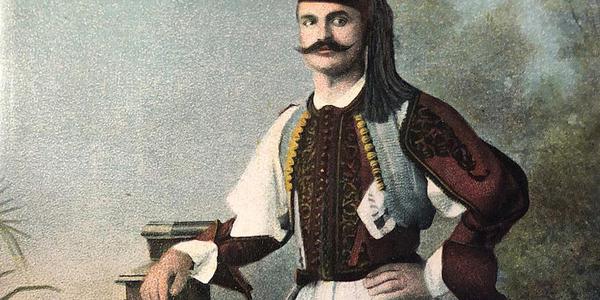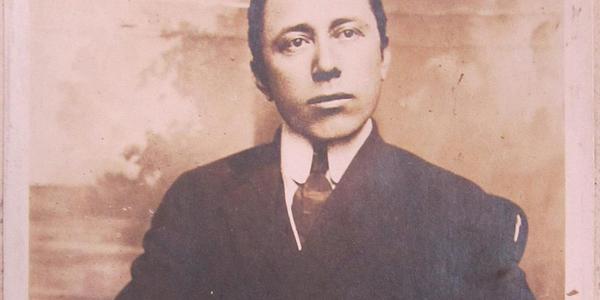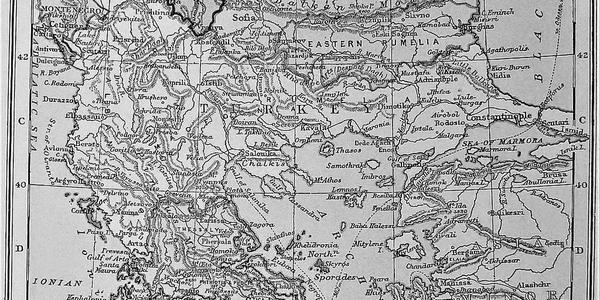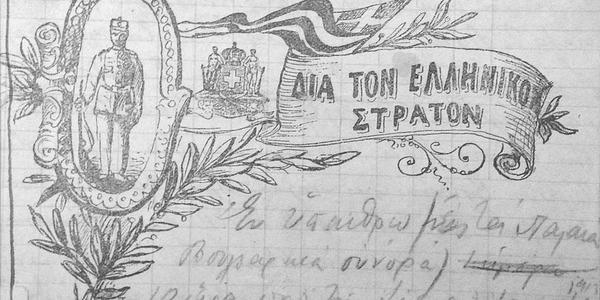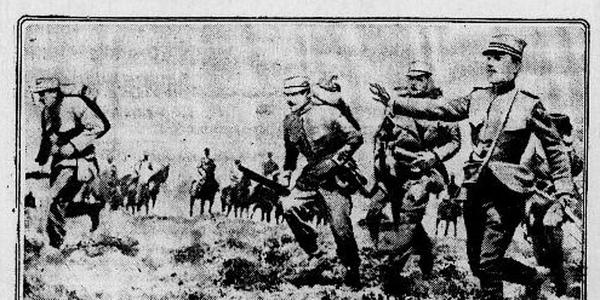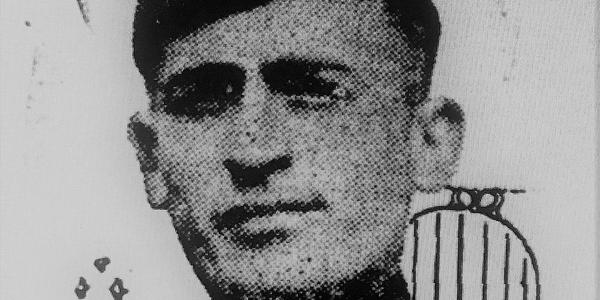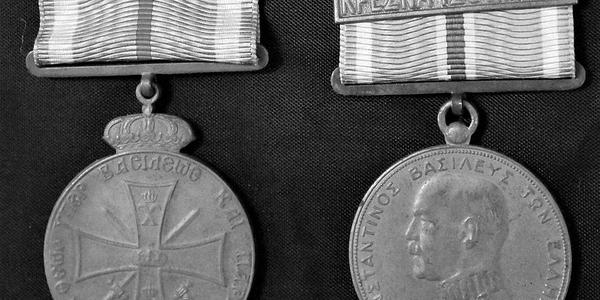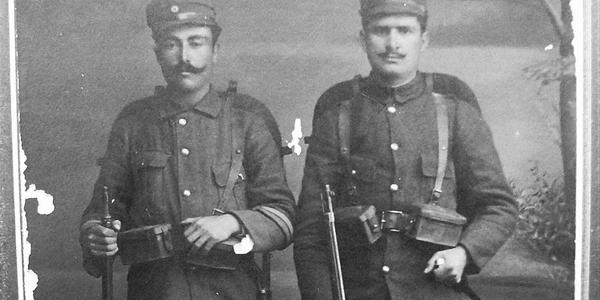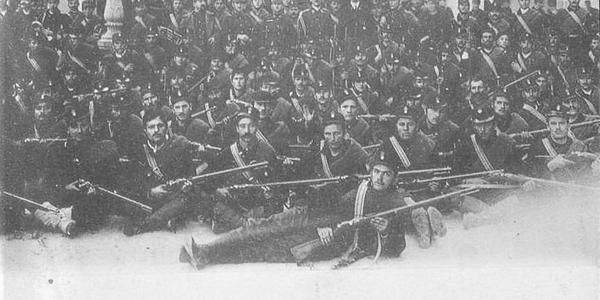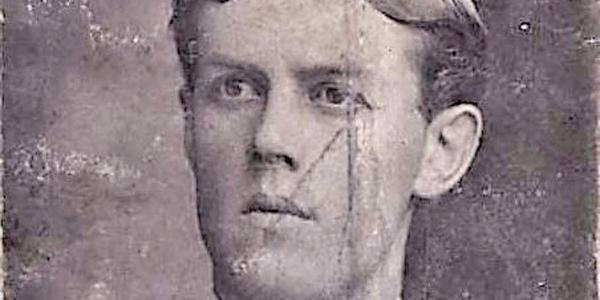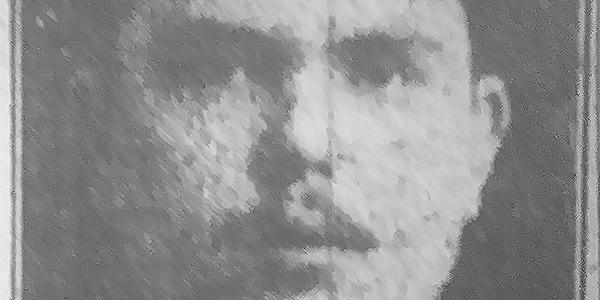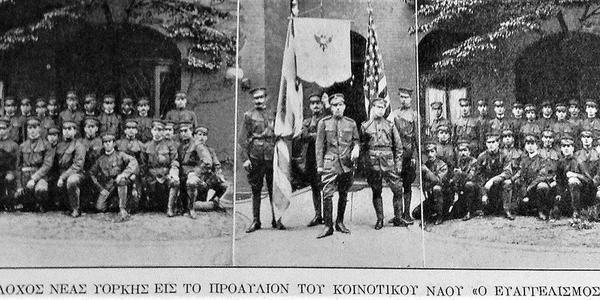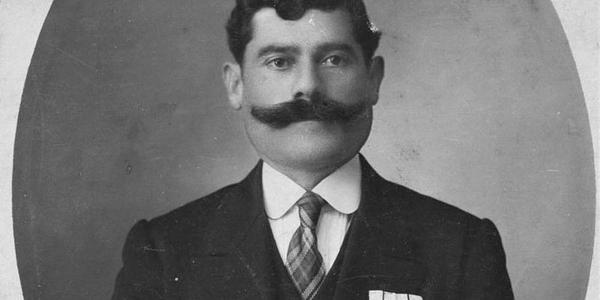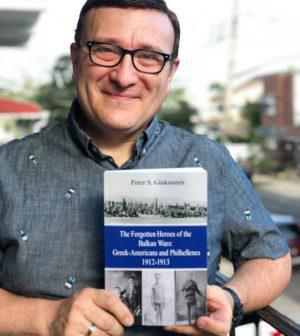
Forgotten Heroes: Volunteer Nurses from England
As one peels away the layers of time, we discover some of the most interesting events hidden close to the surface, waiting for us to rediscover them. Some forgotten histories are linked to family stories and snippets of dialogue that drift about untethered to any known historical context. Sometimes a family member leaves behind a few random documents, sometimes in a foreign language, and in some very few exceptions an unlabeled picture or two is added to the mix, all searching for a backstory to

